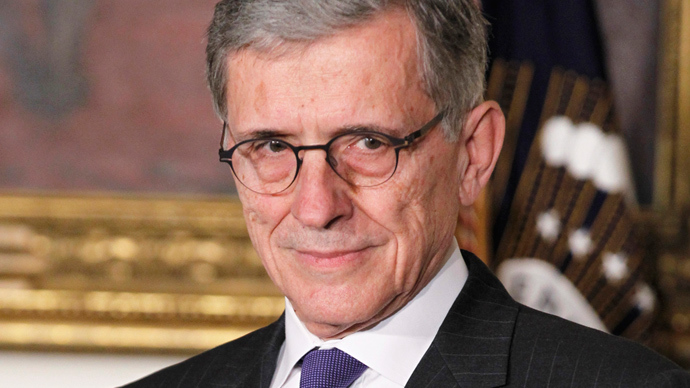Legislation which aims to enforce the ‘net neutrality’ principle in the EU, would be reportedly blocked by Britain, on the basis that in the bill’s current form it restricts governments' ability to ban illegal content without a court order.
“We wouldn’t support anything that restricted our ability to block illegal material,” a UK government spokesperson told BuzzFeed. “We do not support any proposals that mean we cannot enforce our laws, including blocking child abuse images.”
The European Parliament adopted in April the draft legislation, which says that internet service providers should treat all traffic equally and cannot take money from certain services, like the video streaming provider Netflix, for preferential treatment of their subscribers.
Individual EU members must sign it before it becomes a law, which was expected to happen by the end of the year. But London may not do so due to a provision regulating how governments may restrict access to illegal material, according to the report.
The original wording said this can be done to “implement a legislative provision or a court order, or prevent or impede serious crimes,” but a last-ditch amendment by left-wing MEPs changed that, leaving only an implementation of a court order as a legitimate reason for banning content.
“Let me clear that we will not agree to any proposals that restrict the ability of parents to protect their children from inappropriate content on line,” BuzzFeed cites Ed Vaizey, minister for culture, communications and creative industries, as saying.
“We are confident that this was not the intention of the European Parliament and we are working with EU member states, the European Commission and the European Parliament to deliver a final package that promotes an open, safe and secure internet.”
The EU conflict is part of the global net neutrality debate, in which internet service providers lock horns with traffic-hungry services. Opponents of the principle say traffic discrimination would allow better service quality and make the costs of infrastructure upgrades fall on those most benefiting from them.
Proponents say that without net neutrality legislation telecoms would have too much power over the flow of information, stiffing start-ups, taking a toll for not throttling traffic rather than funding networks modernization and possibly infringing on digital rights and freedoms.


